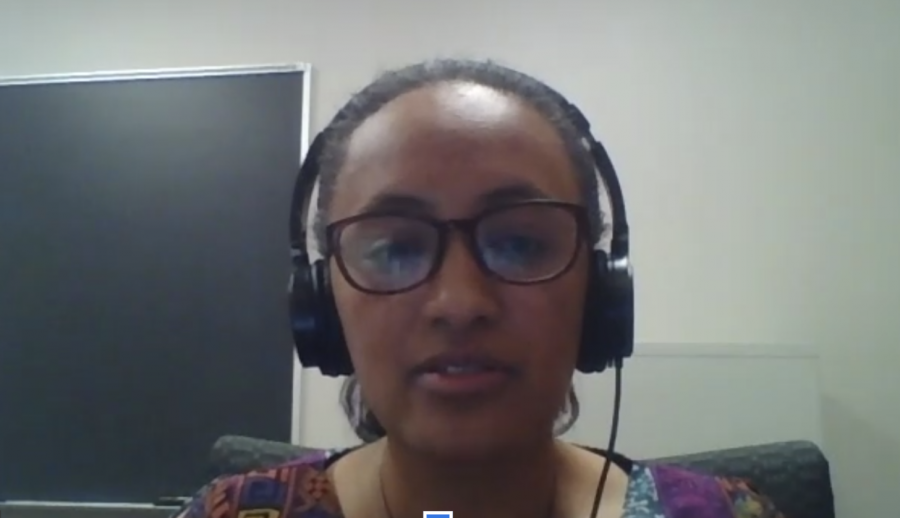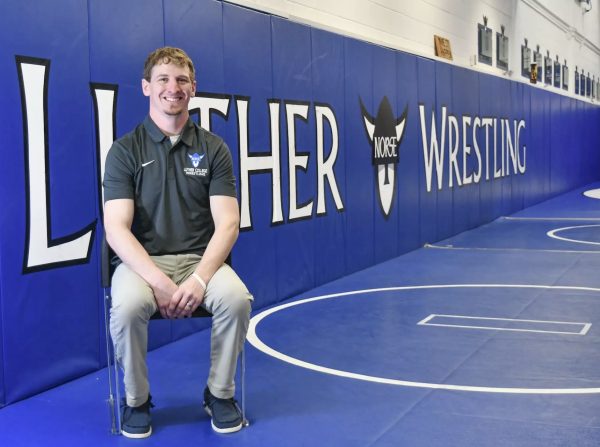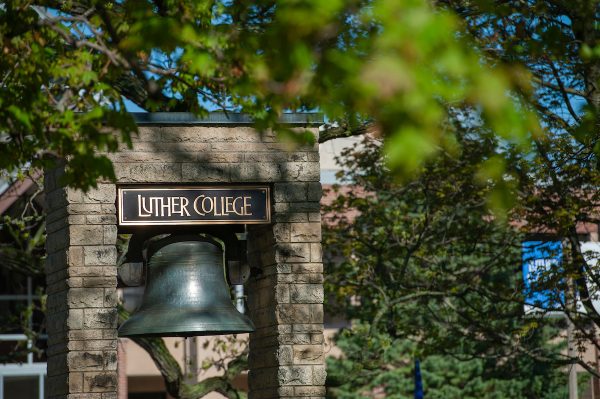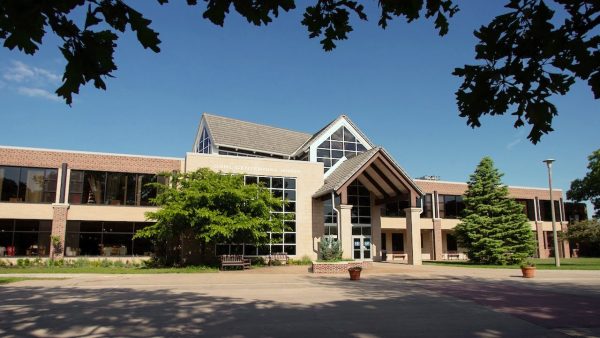Luther Hosts Presentation on Racism within the Environmental Movement
On November 13, the Environmental Concerns Organization (ECO) partnered with the Center for Ethics and Public Engagement (CEPE) to give a virtual presentation covering the issue of racism within the environmental movement. Siletselwe Dlamini (‘21), Salomé Valdivieso Santillán (‘23), and Professor of biology Fikirte Erda spoke on the ways in which marginalized communities bear the brunt of climate change, as well as the importance of involving indigenous people in conversations on environmental injustice and necessary steps towards productive collaboration for the sake of progress. A total of 88 people joined the virtual discussion.
The panel came to fruition under ECO’s activism and action committee, one of three committees run by the student organization. ECO member Piper Wood (‘21) presented the idea to co-chairs of activism and action, Natalia Cadena (‘22) and Carolyn Wrightsman (‘22).
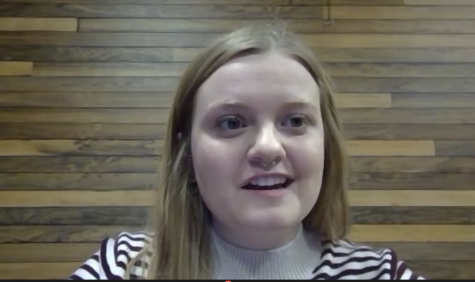
Cadena described the CEPE’s involvement in the presentation, and spoke on the content and quality she thought the group should aspire for. The CEPE’s relationship with professors and speakers was something she was looking to make use of when selecting panelists.
“We didn’t want it to look like it was just kind of thrown together, because we really wanted the focus to be on the stories that were being shared,” Cadena said. “Connecting with the CEPE, and the connections they had allowed us to have a professional panel.”
Dlamini spoke about local and global impacts of the climate crisis, and the urgency with which the world needs to respond to these issues.
“Climate change is disproportionately affecting the most vulnerable communities,” Dlamini said. “Developed countries like the US and countries in Europe have gotten to where they are today by emitting a lot of greenhouse gases and exploiting not only natural resources, but also people of color in many ways.”
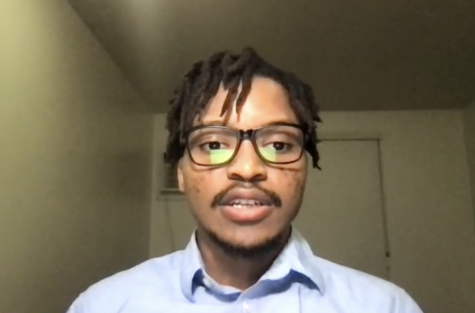
Dlamini emphasized that while wealthier countries are able to mitigate the harmful impacts of greenhouse gas emissions via the use of renewable energy, countries like Eswatini, where Dlamini is from, do not have that privilege.
Next, Erda described her work regarding wildlife conservation and education, specifically her time in Ethiopia contributing to large carnivore research and protection. Her presentation began with an explanation of the current state of environmental injustice.
“What ends up happening is the weakest in society wear the heaviest weight and they pay disproportionately for our increased consumerism and developmental or industrial indifference,” Erda said. “This is relevant because when we see the composition of these researchers, we say that policy affects environmental justice so this kind of composition will facilitate a power imbalance.”
She went on to explain that local people have invaluable knowledge about their environment, and it is essential to recognize them in the conversation so community concerns can be addressed.
Similarly, Santillán described the importance of recognizing indigenous people, highlighting her home country of Ecuador. She recounted her beginning in the fight for environmental justice, collecting signatures to prevent further oil extraction in Yasuní National Park in the Amazon. Despite promises to the contrary, the signatures garnered by activists throughout the country were not recognized by governing bodies. Santillán expressed the importance of listening to indigenous activists, such as Helena and Nina Gualinga of Ecuador, and installing indigenous people in positions of power where they can enact change.
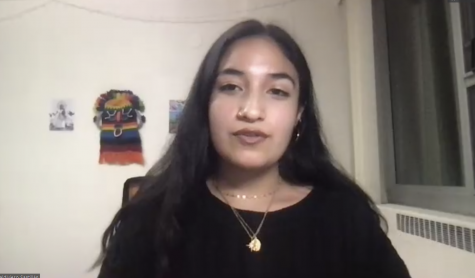
Both Dlamini and Santillán explained that these issues are pertinent not only to countries like Eswatini and Ecuador, but are global issues that warrant global attention and involvement.
“I think we need more spaces where people can just talk about these issues,” Santillán said. “We are so caught up with talking about Covid and talking about the political position of the US but other topics are also important. I really hope that at some point we get a chance to talk about environmental racism here in the US.”
Individuals involved in the presentation and in ECO hope that the Luther College community can continue to highlight issues of environmental injustice, and that their work will inspire others to work for change.

